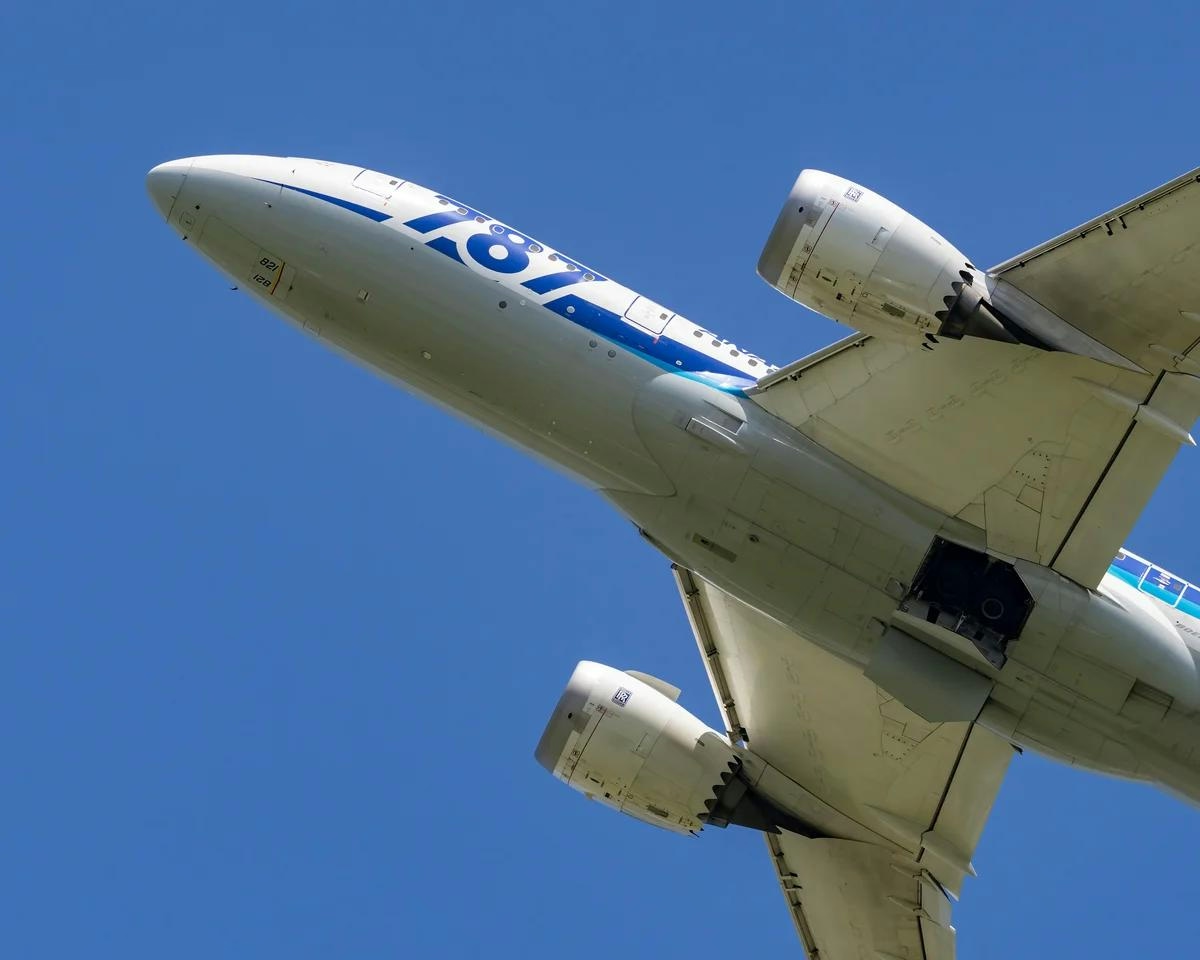热门趋势
FAA Interim Report Finds No Immediate Safety Issues with Boeing 787-8 in Air India Crash
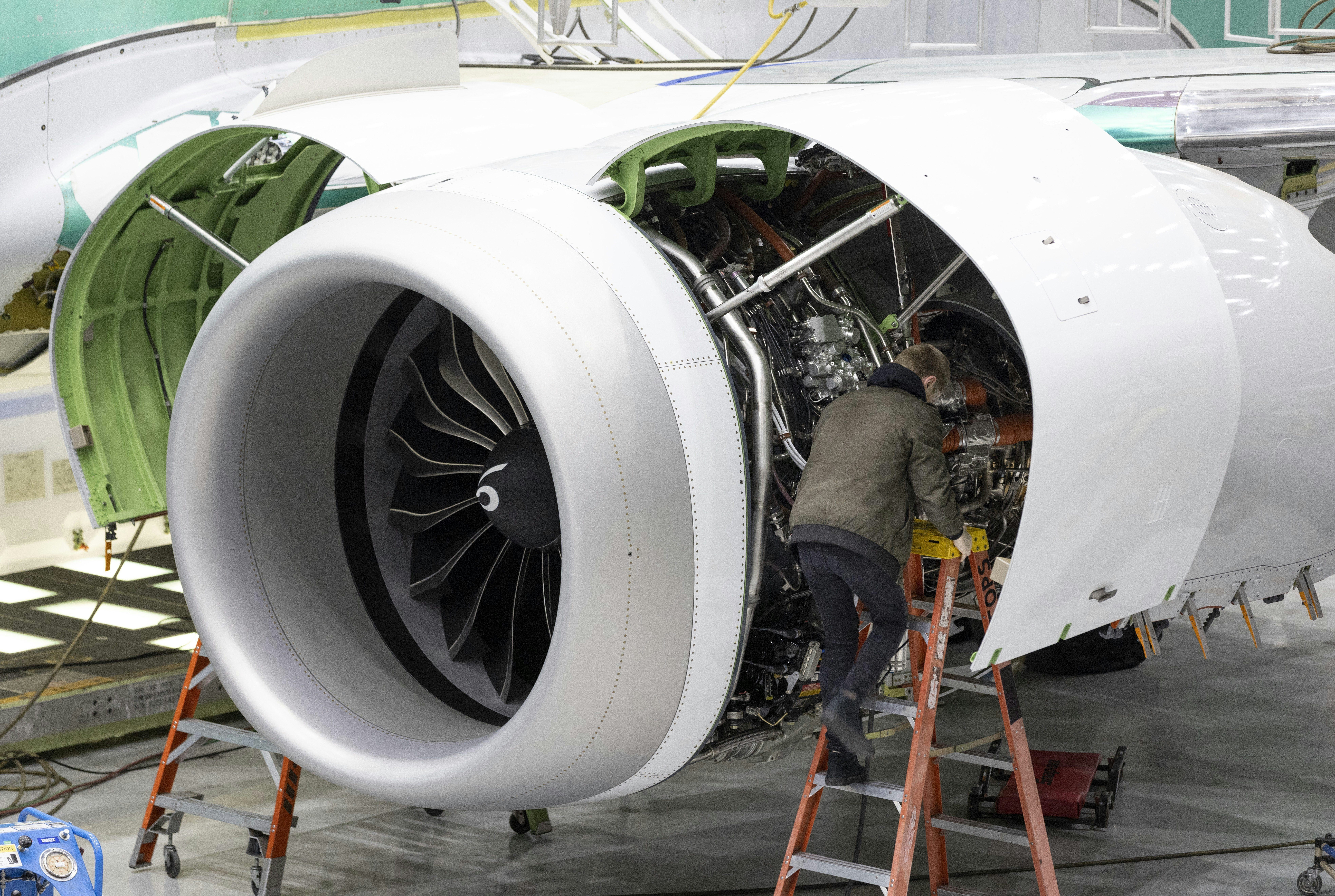
FAA Interim Report Finds No Immediate Safety Issues with Boeing 787-8 in Air India Crash
The U.S. Federal Aviation Administration (FAA) has communicated to international aviation authorities that its interim review of the Air India Boeing 787-8 crash on June 12 revealed no immediate safety concerns related to the aircraft’s engines or systems. This update, issued on July 11, corroborates preliminary findings from India’s Aircraft Accident Investigation Bureau (AAIB), which is leading the ongoing investigation.
Details of the Incident and Investigation
According to a senior official from India’s Ministry of Civil Aviation, the FAA’s notification acknowledged the AAIB’s interim report, which identified that the fuel supply switches to both engines moved to the ‘CUTOFF’ position just three seconds after takeoff. This action caused a loss of engine thrust and the subsequent shutdown of both engines, ultimately resulting in the crash.
The FAA also referenced its December 2018 advisory, which highlighted the potential for the locking mechanism on the fuel supply switches to become disengaged. Despite this, the U.S. regulator did not issue any new safety recommendations, instead reaffirming its previous guidance and committing to ongoing information sharing as the investigation progresses.
The fuel switches involved are equipped with protective brackets and a spring-loaded locking mechanism designed to prevent accidental activation. Pilots must perform a deliberate two-step action—lifting the switch over a metal stop before pulling it down—to move it from RUN to CUTOFF. The FAA’s earlier Special Airworthiness Information Bulletin (SAIB) had advised airlines to inspect and, if necessary, replace switches with enhanced locking features. However, this guidance was advisory rather than mandatory.
The AAIB report noted that Air India had not implemented the FAA’s 2018 recommendations, explaining that the bulletin was not compulsory. Furthermore, no defects in the fuel control switch had been reported since 2023, when the throttle control module was last replaced on the aircraft involved.
Broader Implications and Market Response
Globally, 77 airlines operate the Boeing 787, with 171 aircraft registered in the United States and 1,189 worldwide. Despite the crash, both the FAA and India’s Directorate General of Civil Aviation have found no significant safety concerns with the Boeing 787-8 fleet.
Market reaction to the incident has been relatively subdued. Boeing’s stock price has remained stable, with analysts maintaining a new street-high price target. In response to the crash, Boeing has chosen to adopt a lower-profile presence at the upcoming Paris Air Show.
Nevertheless, traveler confidence remains fragile. A recent survey by Skift indicates that a majority of Indian travelers have avoided certain airlines or routes due to safety concerns, highlighting the ongoing sensitivity surrounding aviation safety in the region.
While the investigation continues, regulators emphasize that current evidence does not indicate an immediate risk associated with the Boeing 787-8, and no new mandatory safety directives have been issued.
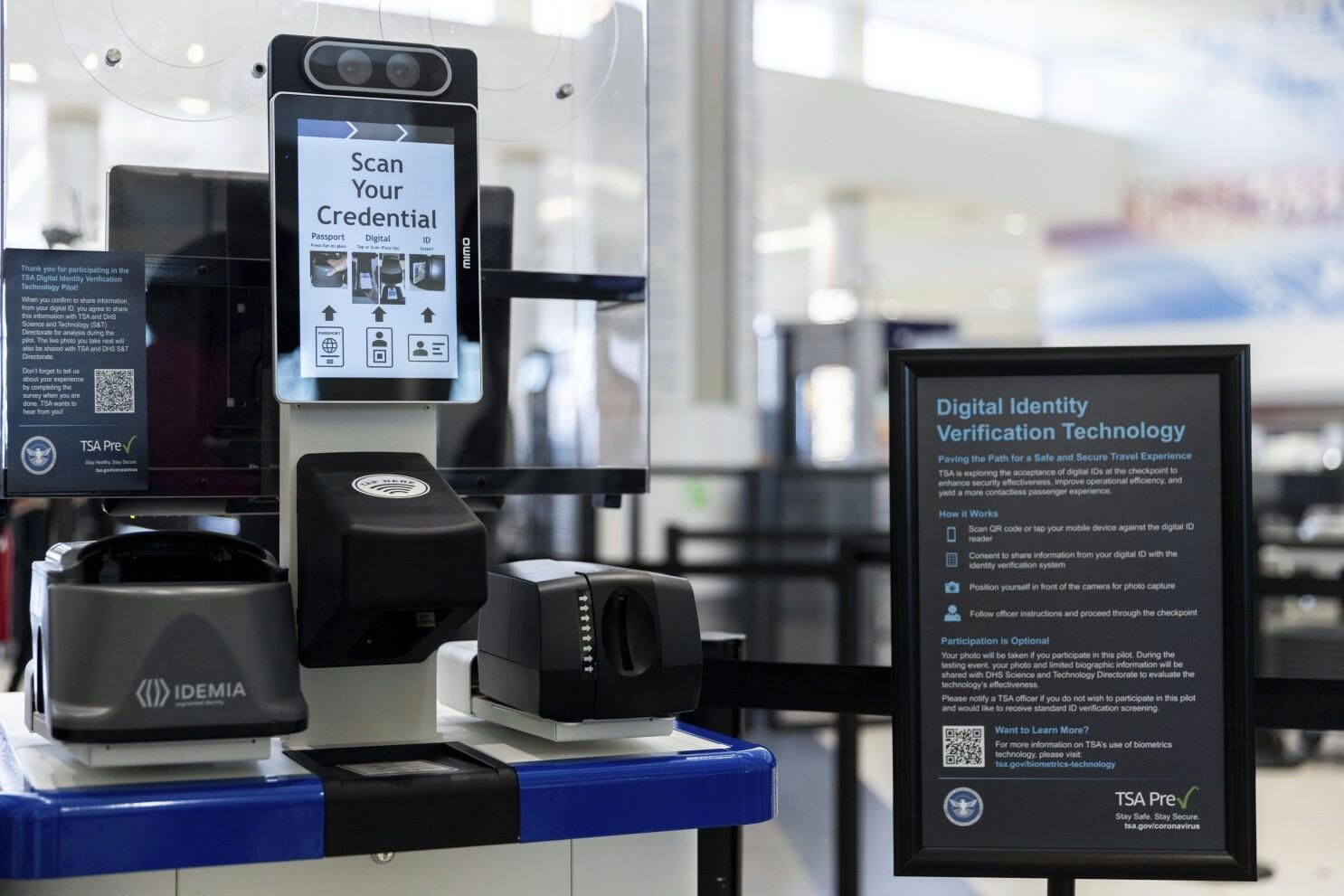
Russian Airports to Introduce AI-Based Security Systems
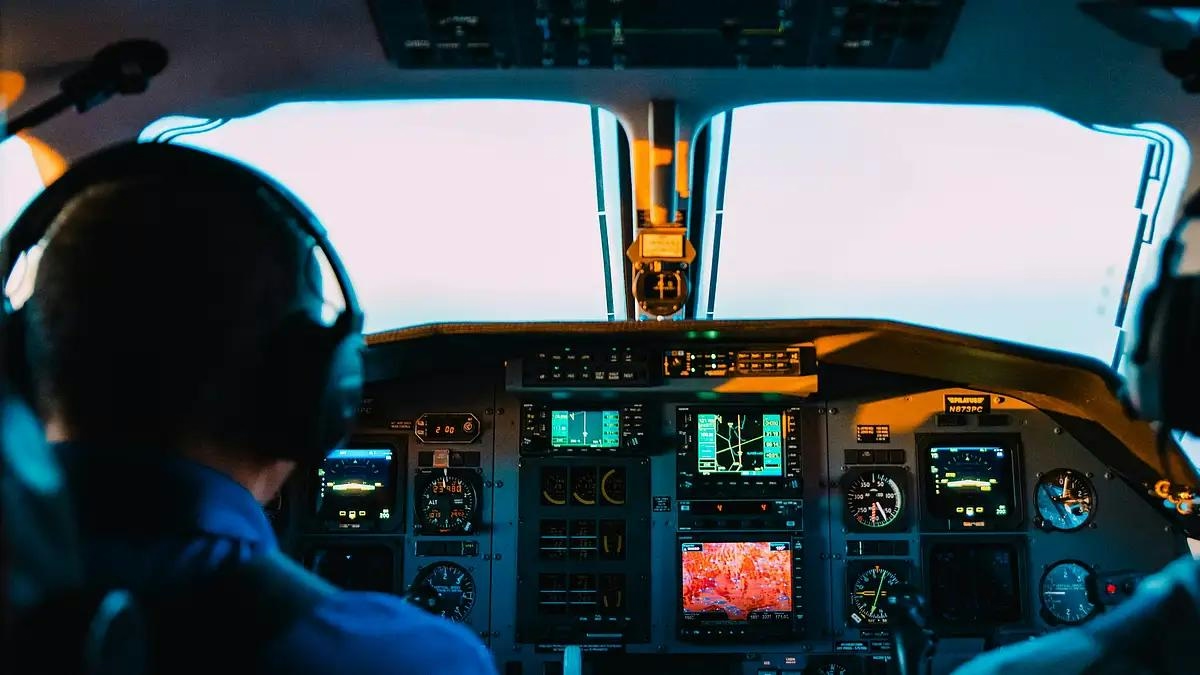
DGCA Directs Boeing Operators to Inspect Fuel Control Switch Locks by July 21
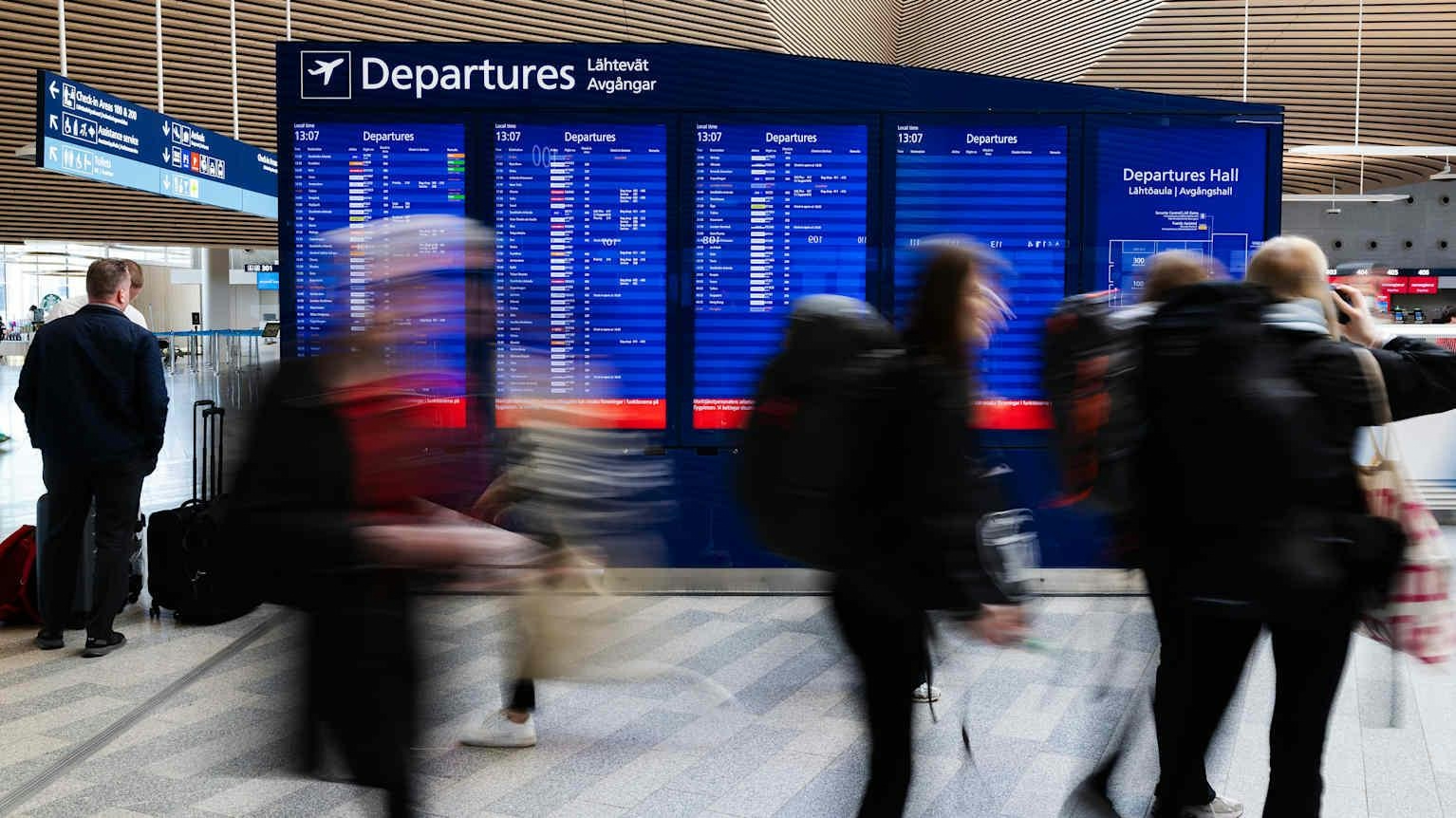
Palta and Finnish Aviation Union Reach Agreement to Avert Strikes
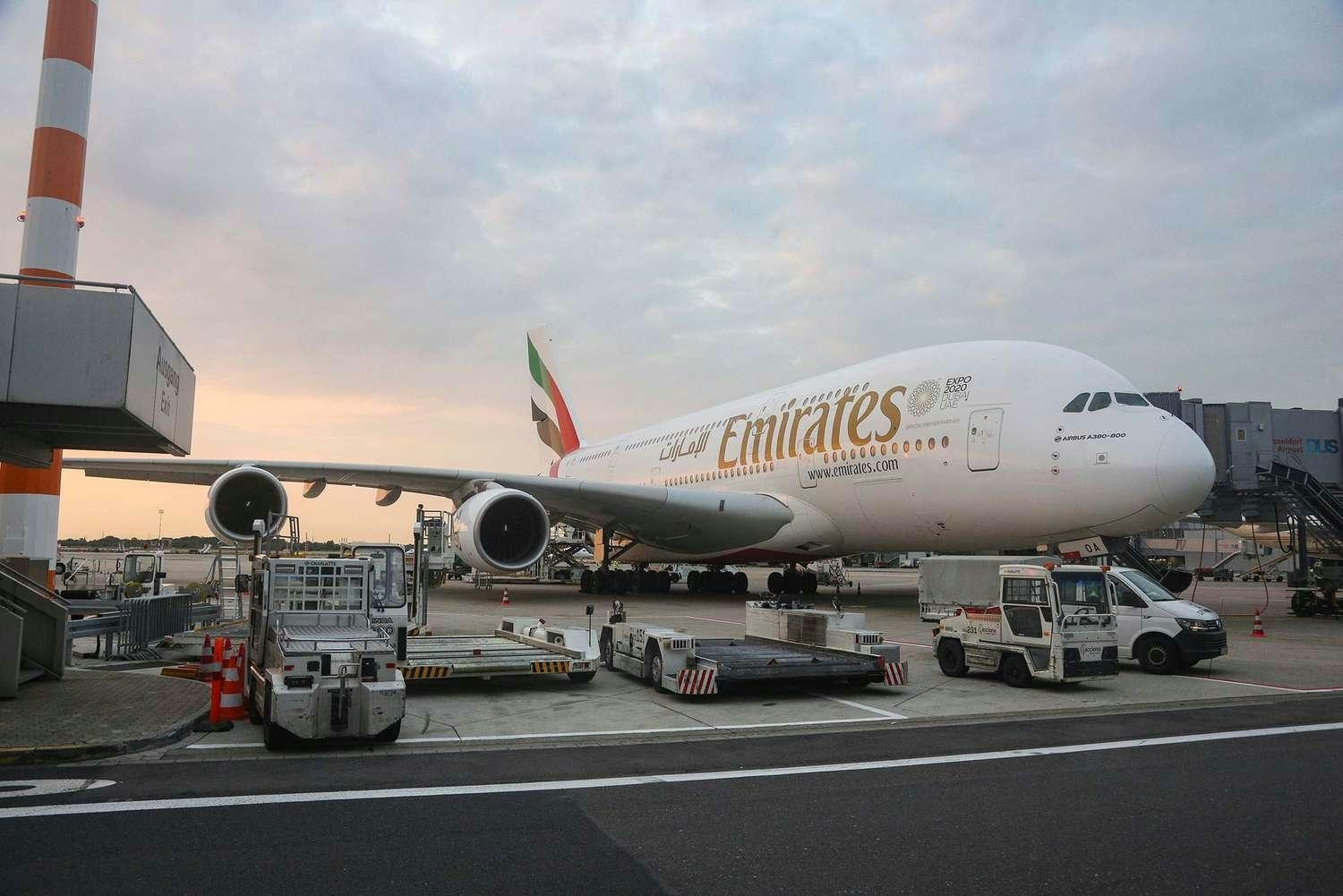
Emirates A380 Makes Emergency Landing at JFK After Engine Shutdown

IBAC Welcomes Four New Industry Partners
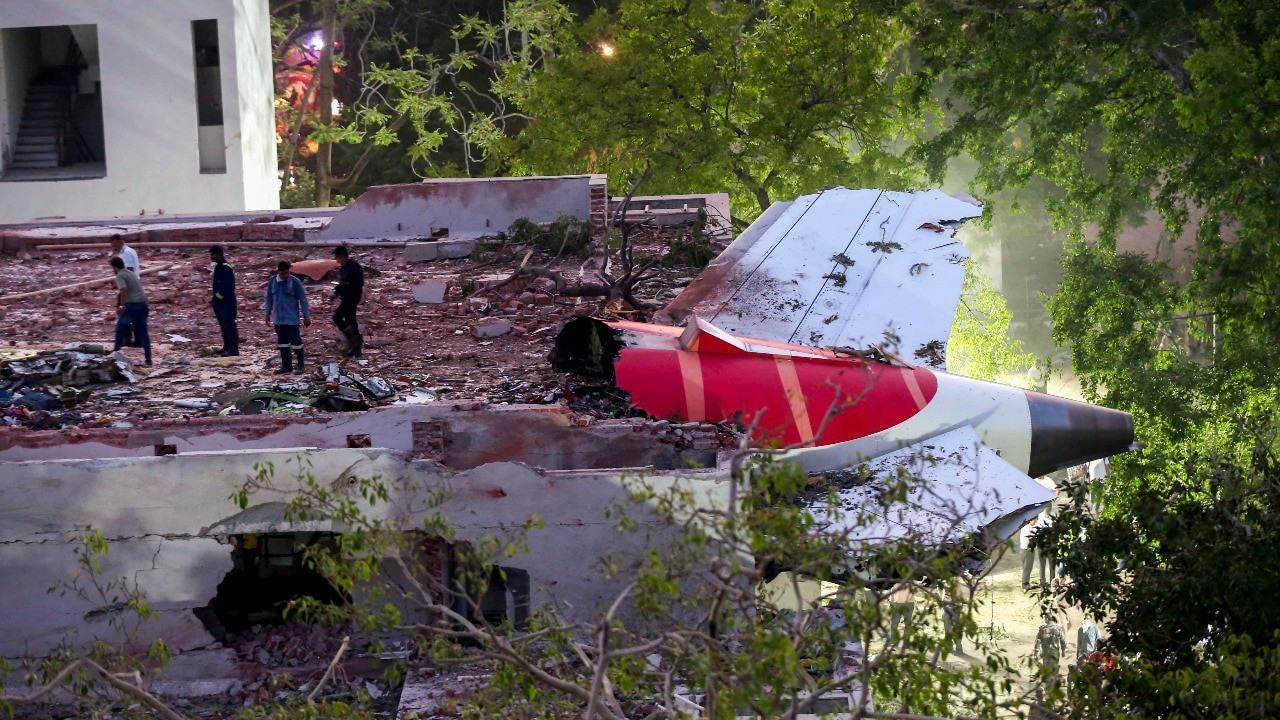
Air India CEO Urges Caution as AI 171 Crash Investigation Continues
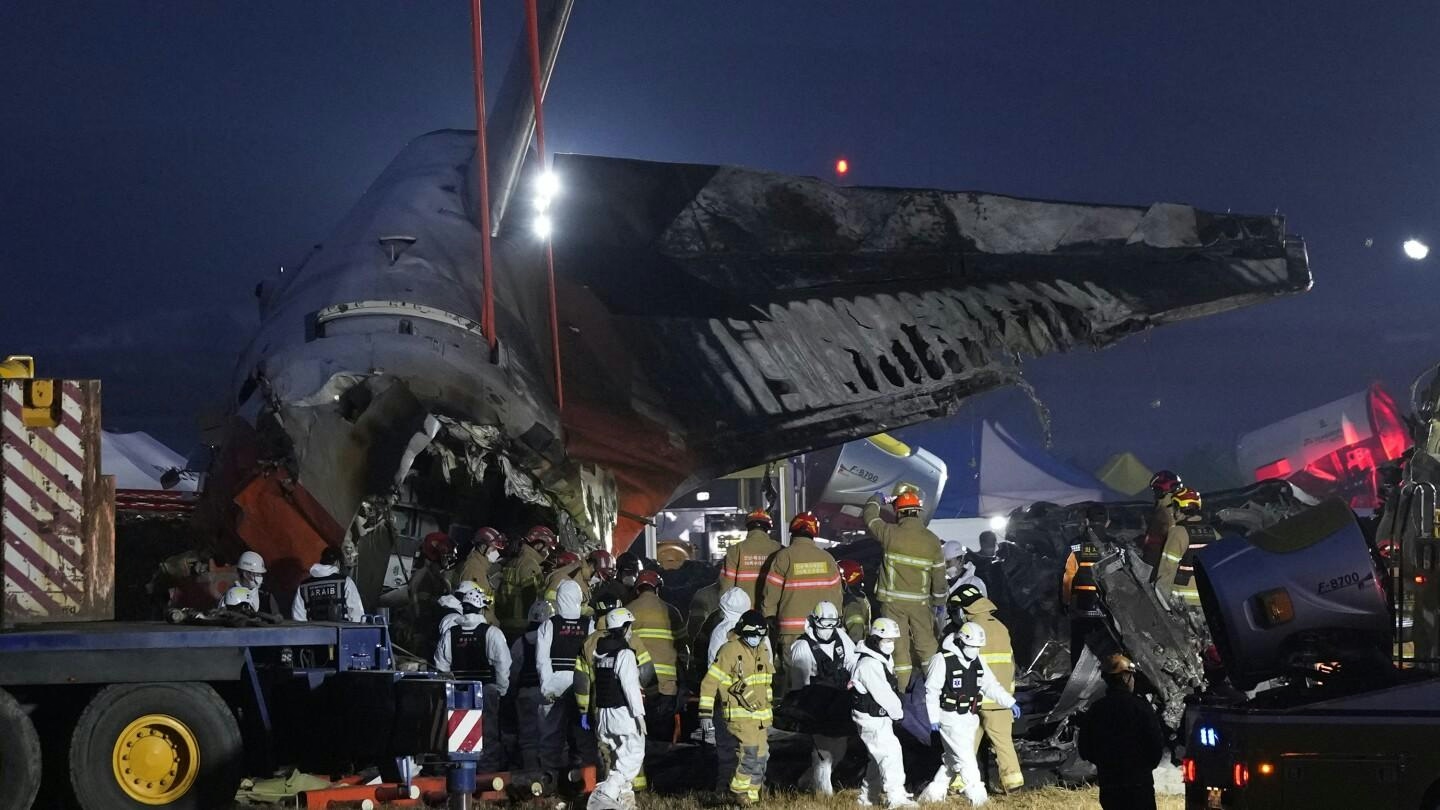
South Korea Orders Fuel Inspections on Boeing Jets Following Air India Crash Report

Etihad Orders Inspection of Fuel Systems on Boeing 787 Fleet Following Ahmedabad Crash Report

Brazil and Nigeria Strengthen Ties Through Airline Operations and Infrastructure Development
